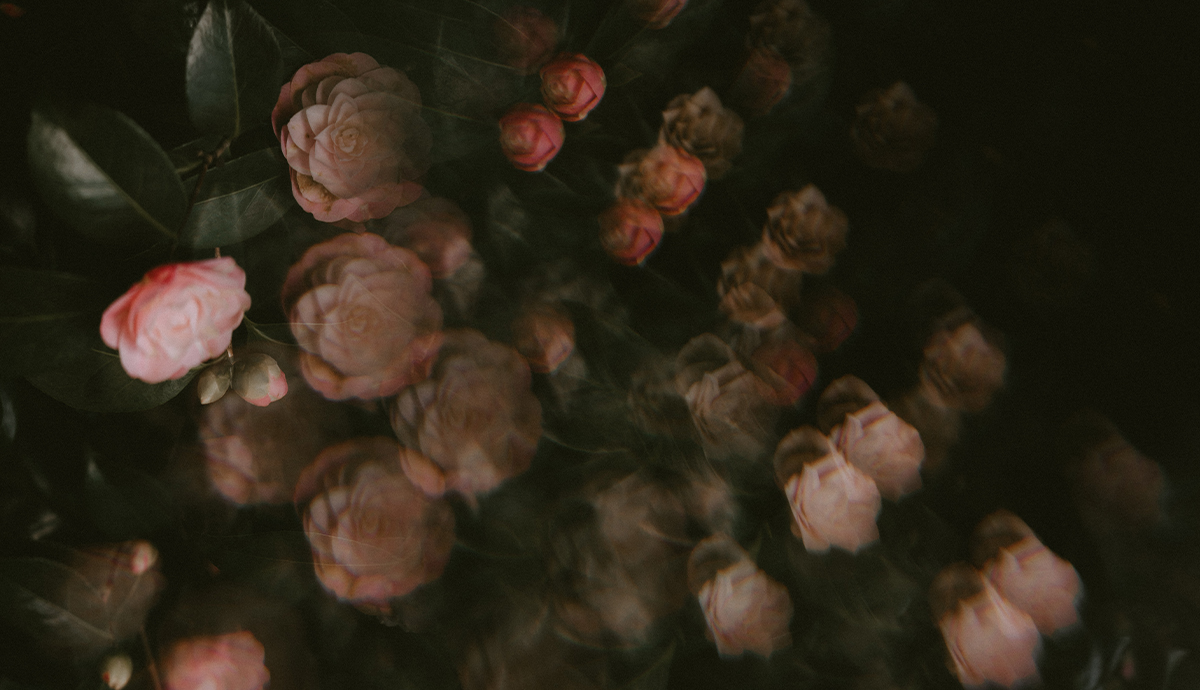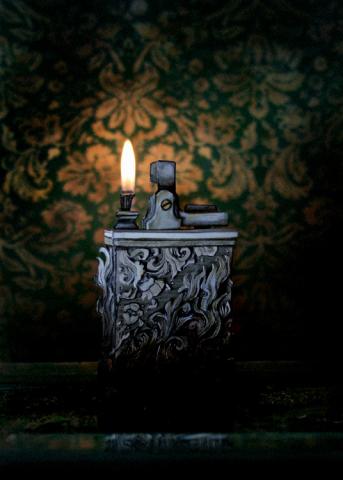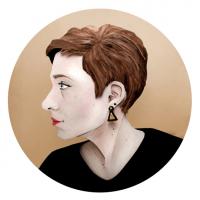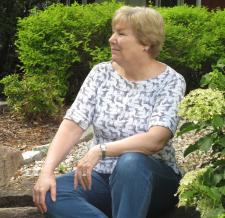What we remember from poems, as well as the beauty or excitement of the language, is often an image. It is that way with dreams too. I dream vividly every night and often carry around with me a feeling and an image that came to me in a dream from the night before. It is like a ghost that inhabits me for a while. It has no language but speaks to me insistently. Perhaps I write poems in an attempt to find words for what I don’t know how to say in any other way.
People ask me sometimes, Where do your poems come from? I have no answer. Sometimes they begin to arrive as an image or a feeling, and they come from that same mysterious place where dreams originate. That’s why I can’t put on my logic cap until I’m in the revision process, and then only tentatively—or I scare the music away, the ghosts, whatever it is that haunts me enough to demand a poem.
When I sit down to write a poem on a certain topic with intentionality, it seldom works out well. The words are flat. The feeling I want to 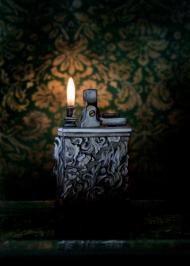 convey doesn’t come through. It is a mysterious road, that path through dreams, and through poetry. One ends up in strange places. Even though a poem might not be literally “true,” an authentic poem has truth to it, emotional truth, and dreams, peculiar as they can be, are like that too. As a poet, I have to begin the process in a place that has few signposts and struggle my way through that part of the mind that’s beneath the surface.
convey doesn’t come through. It is a mysterious road, that path through dreams, and through poetry. One ends up in strange places. Even though a poem might not be literally “true,” an authentic poem has truth to it, emotional truth, and dreams, peculiar as they can be, are like that too. As a poet, I have to begin the process in a place that has few signposts and struggle my way through that part of the mind that’s beneath the surface.
John Ashbery, in an interview with the Paris Review, likened the mind to an underground stream where a writer “can let down one’s bucket and bring the poem back up.” For me, the poem seldom arrives full-fledged, but I do trust the images that seem to come from someplace beyond my conscious knowing.
As a child, I was a daydreamer. And always I have had vivid dreams while sleeping. For me, the “real world” isn’t always what appears on the news. That’s real enough, but it isn’t all. There are many realities; some of them run deep. When one is open to them, poetry can bloom.


